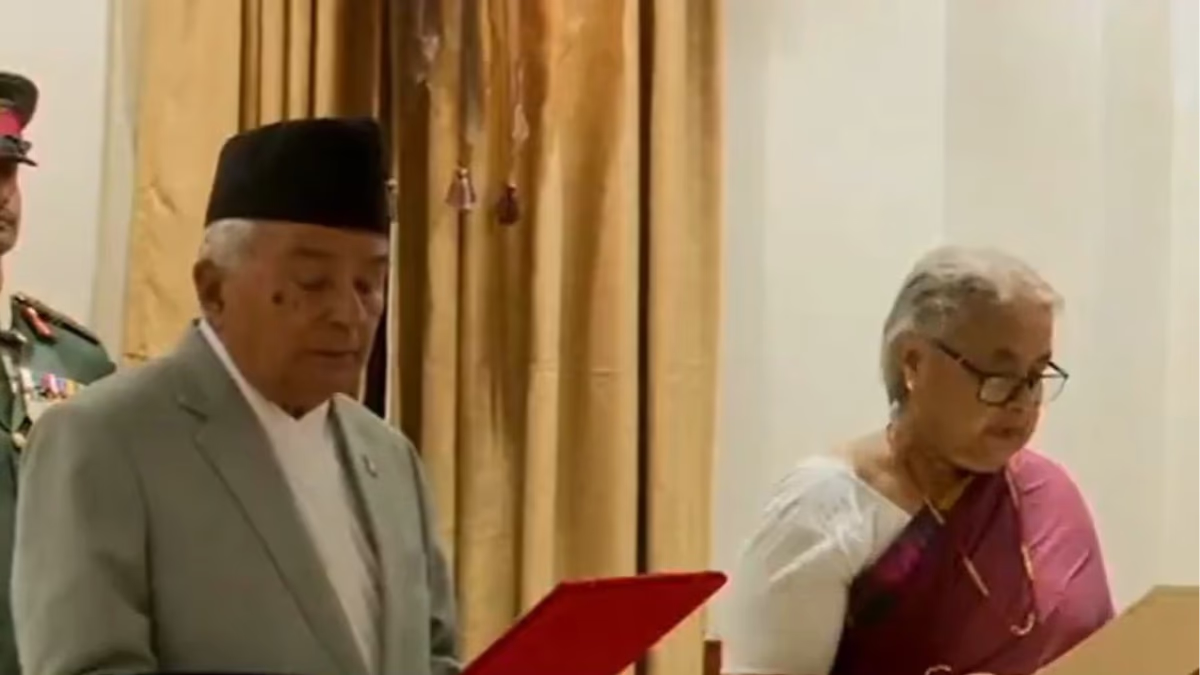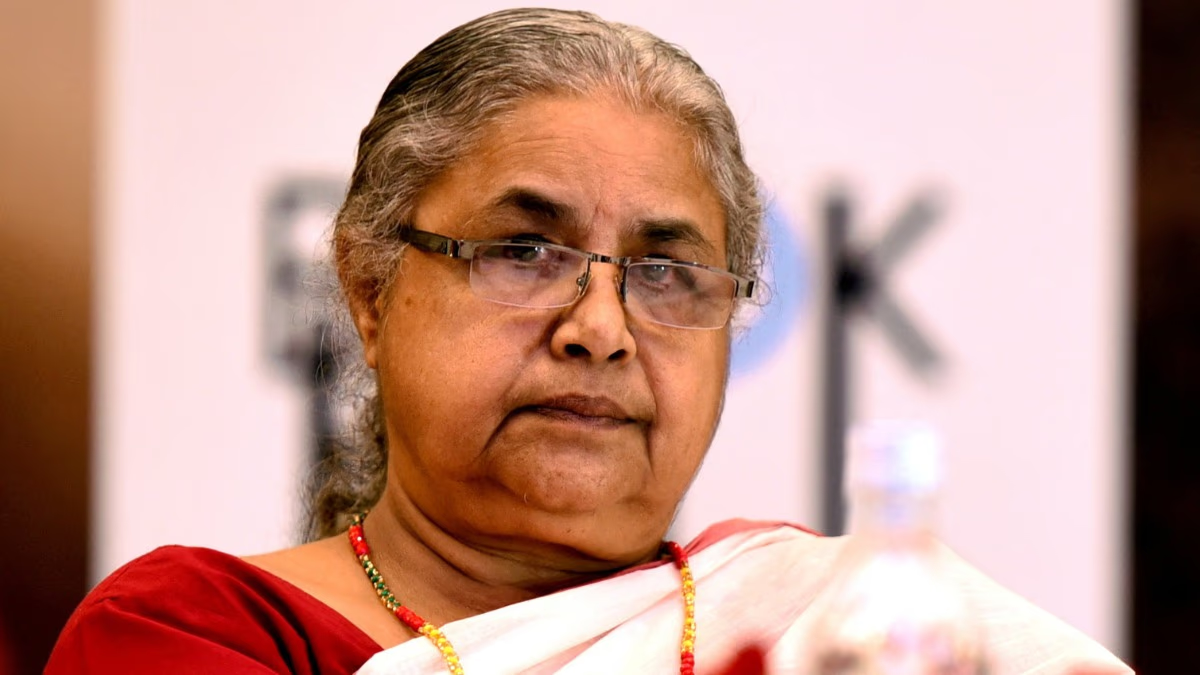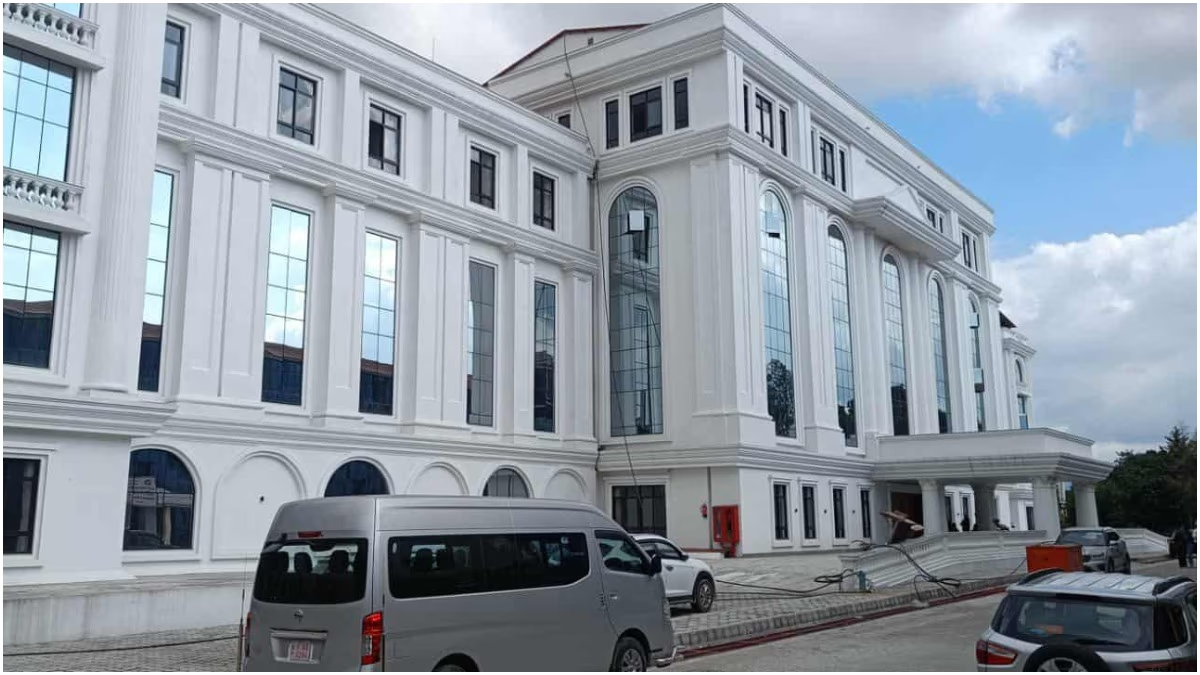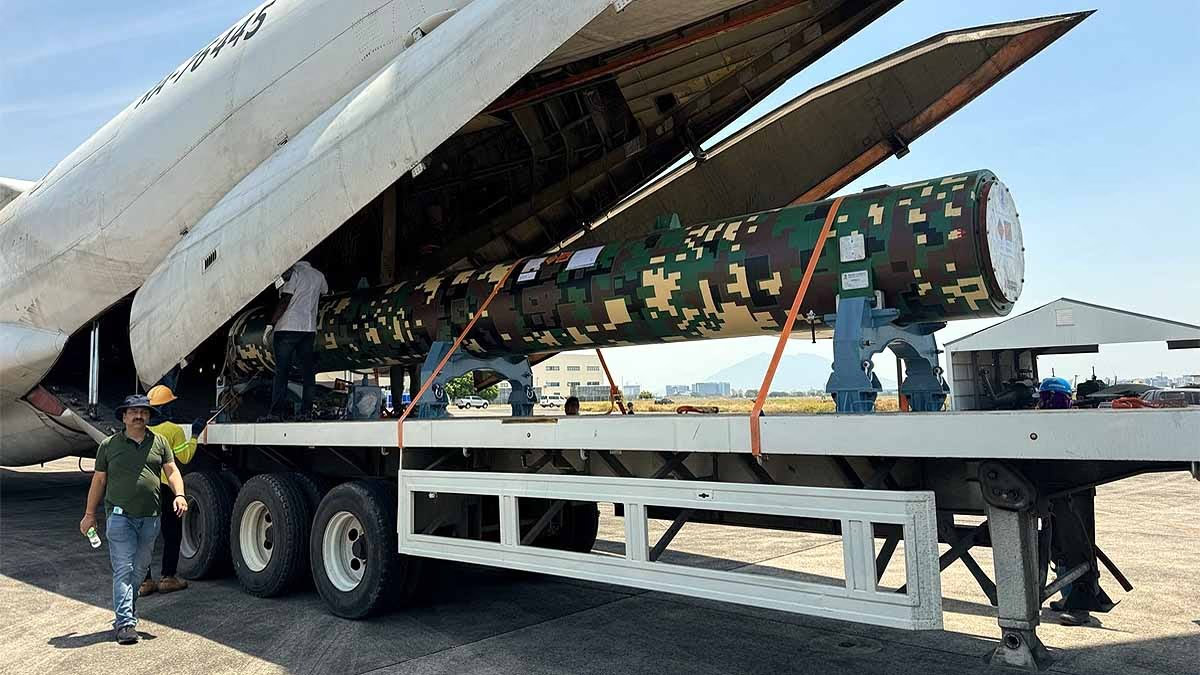Sushila Karki becomes Nepal's interim PM:
A youth movement against the social media ban in Nepal on September 8 changed the country's leadership in just four days. The world has termed this the 'Gen Z Movement'. At around 9:30 PM on Friday night, Sushila Karki was appointed as the interim prime minister. President Ram Chandra Paudel administered her oath.
Sushila Karki was not the youth's first choice. Initially, Kathmandu's Mayor Balendra Shah, who called for the movement, was their favorite. However, Balen declined to take charge, paving the way for Sushila's candidacy. Balendra eventually supported Sushila too, bringing an end to Nepal's political crisis. Highly regarded among Gen Z activists, Sushila Karki was the first female Chief Justice of Nepal and is renowned for her anti-corruption stance. She stands as an inspiration for women in Nepal.
Sushila Karki's appointment is also due to several other significant factors, securing her leadership role in Nepal for the coming months.
Sushila Karki Accepts Key Gen-Z Protest Demands
1. The Gen Z activists demanded that general elections be held within 6 to 12 months for democratic restoration and public empowerment in electing a new government. Sushila Karki has agreed to this demand.
2. Activists called for the dissolution of Nepal's parliament. This has been accepted, and the reins have been given to Sushila Karki.
3. One of the prominent demands was the formation of a civilian-military government, aiming for representation from both sectors.
4. While opposition to the social media ban spurred the movement, the primary cause of public outrage was corruption. Activists proposed establishing a powerful judicial commission to investigate the assets of old parties and leaders.

Source: aajtak
5. A significant demand was an independent and impartial investigation into the violence against protesters, ensuring justice for those impacted. This demand has been accepted with a promise for a fair investigation.
Read More:
President Ram Chandra Paudel's Message: Save and Succeed
After administering the oath, President Ram Chandra Paudel urged Sushila Karki to 'save and succeed.' In response, Sushila expressed her gratitude with a simple 'Thank you.' Both houses' leaders of parliament boycotted her swearing-in ceremony.
The Speaker of the House of Representatives, Devraj Ghimire, was absent as he is from Oli's party. The National Assembly's Chairman, Narayan Dahal, who is linked to Narayan Prachanda's party, was also not present.
What Has Happened Since September 8?
The movement started on September 8 and quickly turned violent. Protesters vandalized and set fire to parliamentary buildings, government offices, and private properties. Over 51 people have been killed, including 3 police officers, an Indian citizen, and many Nepali citizens.
A major political consequence of this movement was witnessed on September 9, when Prime Minister KP Sharma Oli resigned. This move marked a critical turn during the country's political instability. Despite curfews and military deployment in major cities, activists continued their demonstrations, further escalating the situation.
Gen-Z movement leaders proposed former Chief Justice Sushila Karki as interim prime minister, marking a significant move towards political stability. Meanwhile, extensive damage has been inflicted on several government and private institutions. Particularly, the fire engulfs caused the death of an Indian woman, casting a wave of grief across the country.
A critical meeting took place on Thursday night at the President's office, Shital Niwas, thoroughly deliberating the country's current political trajectory. Attempts for consensus among various political groups were made to form a new interim government swiftly and restore normalcy to the nation.




